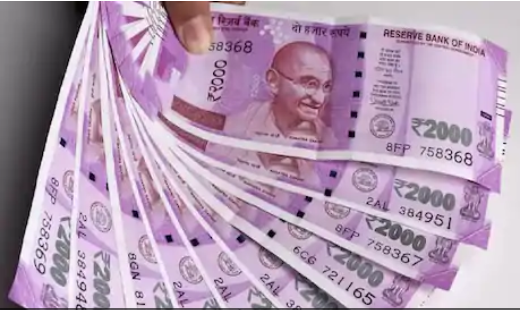- The Bill amends the the provisions of the Income Tax Act to provide tax exemption for contributions in the PM-CARES Fund
- The Bill seeks to make faceless assessment applicable to at least eight processes under the I-T Act
To provide compliance relief to taxpayers amid the coronavirus pandemic, Lok Sabha has recently passed a Bill that amends taxation laws. The Taxation and Other Laws (Relaxation and Amendment of Certain Provisions) Bill 2020, will replace the Taxation and other Laws (Relaxation of Certain Provisions) Ordinance, 2020, promulgated in March. The Bill also prescribes some changes in tax rules to boost investment.
Finance Minister Nirmala Sitharaman said the ordinance was necessary to defer various compliance deadlines under GST and Income Tax (I-T) Act during the COVID-19 times. “The Bill comes at a very apt time, provides relief measures in terms of compliance requirements amid the pandemic,” said Ravi S. Raghavan – Tax Counsel, Majmudar & Partners.1) The Bill amends the the provisions of the Income Tax Act to provide tax exemption for contributions in the PM-CARES Fund. Any contribution made to the PM-CARES Fund would qualify for 100% deduction under section 80G, which allows donations made to specified relief funds and charitable institutions as a deduction from gross total income before arriving at taxable.
2) The Bill proposes few important amendments with regard to foreign investors, both FPIs and Category III AIFs. The levy of surcharge on dividends of FPIs has been capped at 15% which is at par with capital gains. Further, the Bill will provide exemption for taxation of capital gains on transfer of securities (apart from shares of Indian company) and concession in taxation at the rate of 10% on dividend and interest income on securities for the Category-III AIFs, which have been set up in GIFT City.
“Capping surcharge was required after the abolition of DDT in the Finance Act, 2020 and there was an ambiguity while computing advance tax on the extent of surcharge payable by FPIs. This amendment is to augur the promotion of investment funds in IFSC and hence, the AIFs with PEs in India have been sidelined for this benefit,” said Divakar Vijayasarathy, Founder and Managing Partner, DVS Advisors LLP.
3) CBDT earlier reduced the rates for Tax Deduction at Source (TDS) by 25% for non-salaried specified payments made to residents during the period from 14 May 2020 to 31 March 2021. The Bill proposes to include the amendments in the Income Tax Act with retrospective effect from 14 May 2020.
4) The due date to file the income tax returns for FY 2019-20 is November 30, 2020. The due date to file all other related forms and reports (such as Transfer pricing report, tax audit report, etc) is October 30, 2020.
5) For delayed payment of advanced tax, self-assessment tax, regular tax, TDS, TCS, equalization levy, Securities Transaction Tax (STT), Commodities Transaction Tax (CTT) made between March 20 and June 30, reduced interest at 9% per annum will be charged for this period. If the payment is done by June 30, no further penalty or prosecution will be initiated.
6) The date for passing of order or issuance of notice by the authorities and various compliance under various direct taxes and Benami Law which are required to be passed/issued/made by December 31 2020 has been extended to March 31, 2021.
7) The Bill seeks to make faceless assessment applicable to at least eight processes under the I-T Act, including for collection and recovery of tax and gathering of information. “The faceless assessment scheme is a milestone initiative that has the potential to remove grey areas of the tax-administration. Doing away with the discretionary power available to tax assessing officers was unimaginable until a few days ago,” said Ravi S. Raghavan – Tax Counsel, Majmudar & Partners.
8) The Bill also proposes to amend the Direct Tax Vivad se Viswas Act, 2020 to extend the date for payment without additional amount to 31st December.
9) The income tax department earlier extended the deadline for linking of Permanent Account Number (PAN) card and Aadhaar card. Now, you have time till March 31, 2020 to link your Aadhaar card with PAN card.
10) The Bill also proposes to empower the central government to remove any difficulty up to a period of two years and provide for repeal and savings of the Taxation and Other Laws (Relaxation of Certain Provisions) Ordinance, 2020.


